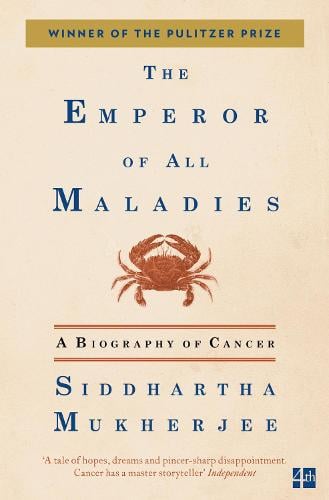The Emperor of All Maladies is a comprehensive and engaging exploration of cancer, blending scientific detail with historical context. It's a monumental work that offers profound insights into the disease and its impact on humanity.
Siddhartha Mukherjee's The Emperor of All Maladies is a sweeping biography of cancer that reads like a detective story. The book masterfully weaves together scientific discoveries, historical events, and personal narratives to create a compelling portrait of the disease. Mukherjee's writing is both informative and accessible, making complex medical concepts understandable to a general audience. The book's depth and breadth make it a must-read for anyone interested in the history of medicine and the ongoing battle against cancer. While the sheer volume of information can be overwhelming at times, the book's engaging storytelling keeps the reader hooked. It's a testament to Mukherjee's skill as a writer and a scientist.
Quick quotes
The book is a monumental achievement, a biography of cancer that is as comprehensive as it is compelling.
Mukherjee's writing is both informative and accessible, making complex medical concepts understandable to a general audience.
The Emperor of All Maladies is a sweeping epic, a 'biography' of cancer that is as informative as it is engaging.
